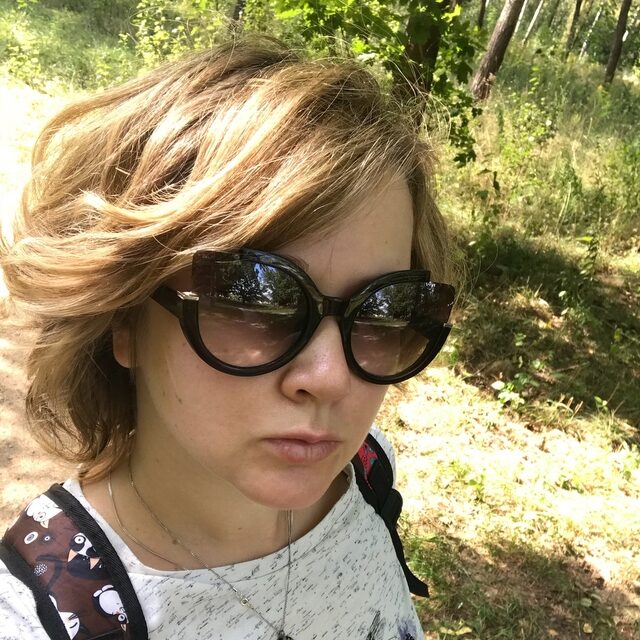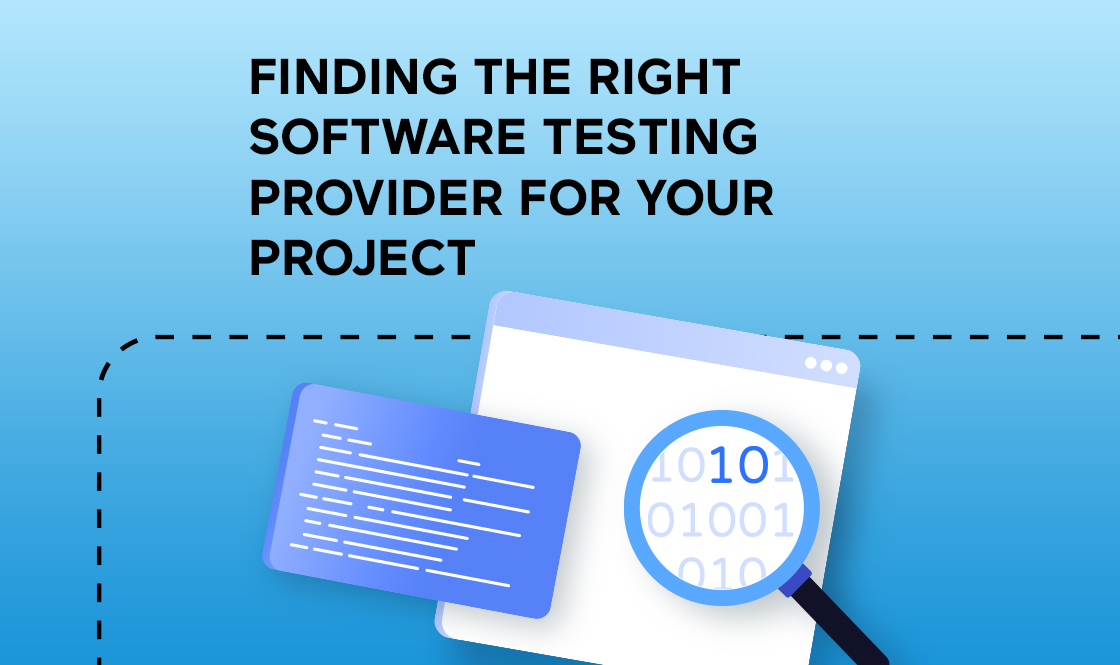A Software Tester's Experience
By: Kseniya Yuk, QA Manager and Team Lead for Spiral Scout
Most people, who enter IT, want to work at a well-known company, with a fast growing product and earn a high salary. They want the glory of being the developer on the front lines, interacting with upper management and being a trusted, respected voice in the business. To be a lead developer carries more prestige and notoriety around the office and in front of customers or the upper management.
Major stakeholders or customers consult with their engineering team on a daily basis and value their opinion first and foremost. Customers and the outside world know of, appreciate, and respect the more public-facing engineers on a project and they are the ones invited to speak at big conferences and sign autographs to their adoring Github followers (well maybe not that last part). In 98% of the real world projects, the actual engineers are carefully selected first for their skills and experience and then only later are testers assigned after a project has started.
However, not everyone wants to be that type of engineer. There is a certain breed of an engineer whose main desire is to focus on the testing side and be mostly in the background. According to the engineering hierarchy, software testers are considered to be the lowest level of the caste system when it comes to technical education and skills. Most have no technical background/education and start as a tester to get their foot in the IT door.
First-time software testers could start out by picking up a mobile device or reviewing a website and begin to report bugs that were obvious to their eyes. They could easily join a technical team, with little to no technical skills, and be a second set of eyes for a busy engineer and do the “dirty” work of finding bugs. In most cases, the client or major project stakeholders didn’t even realize they had a QA engineer working in the trenches to review all the work for bugs and report them. For the most part, these testers hid in the shadows of their engineering peers.
As the team manager for our QA department at Spiral Scout, I started off my career by just jumping into a project, studying as much as I could, and over time I began to lead others by example because I was doing my job so reliably and effectively. Over time I became more recognizable to clients and respected by our development team because my experience, attention to detail, and understanding what the business goals were vs. the development goals were helping make a project launch more smoothly.
Early in my career, I remember asking a client of ours for their feedback around the QA software testing our team was doing for their project. The client awkwardly explained that he couldn’t really evaluate our performance because they had no idea what testing work was going on behind the scenes. They were the last to see the final product. As much as I wanted to hear positive praise, it made sense the client didn’t really know what to say since our testing team was catching many of the errors before the client even had a chance to see them. During the development cycle, the client communicated directly with the project manager and the engineering leads but didn’t really have any direct interactions with members of the testing team.
Of course, it hurt that the client wasn’t aware of all the hard work I put in to make sure their app was as easy to use as possible and bug-free before it got into their hands. I wanted them to know that my skills and contributions were vital to the development process and a big part of why the final product was so seamless. My goal was to make sure that the client didn’t see any of these errors and get the right solution for their problem in return.
To be a great tester, one who will earn the respect and attention of an engineer, you need to first understand the project’s documentation and business goals, and then also constantly think about how you can make something more user-friendly and offer your ideas. If you can think of ways to improve or innovate on an idea that an engineer might have missed, you will stand out from the sea of other testers and earn your respect and place on the team.
The quality assurance team at Spiral Scout proactively strives to add this kind of value to any project we work on. We bring passion and treat each project like it is our own. We spend as much time as we can supporting the developers in order to make their work as strong as possible. Once we began to live and breathe these values, developers began to respect our opinions, project managers started to take our advice more and we were proving to clients on a daily basis that we were an equally valuable addition to the project’s success.
As our team grew, we were able to use our expertise to improve an application’s user experience, solve problems we had seen in the past that might not be that obvious, and use existing quality assurance standards we had learned to bring it to the attention of the developers.
For the vast majority of people starting a career in IT, they are simply looking to earn more money and their heart isn’t totally into it. But there are the few that crave more than just the money. They want to go to work with a smile, develop their skills and feel as though with every hour they spend doing a task they are adding more value to a project then they take away. This latter person can be the team lead engineer, the PM, the BA or in our case the members of the QA team. If you really want to leave a mark on a project, you need to bring enthusiasm and an interest in growing your skills beyond what will bring you money. You do it because you love the results and the rewards of getting positive feedback from your team and client and earning their respect.
From our humble start with just one employee, the QA team has evolved into a well-oiled machine that has taken its place among the team. We are more than just manual code monkeys or monkey-automators, who can’t contribute. We have become a trusted partner on the team with a well-deserved position within the product life-cycle.
Kseniya Yuck is an ISTQB and ICAgile certified software tester and leads the QA team at Spiral QA and Spiral Scout.



